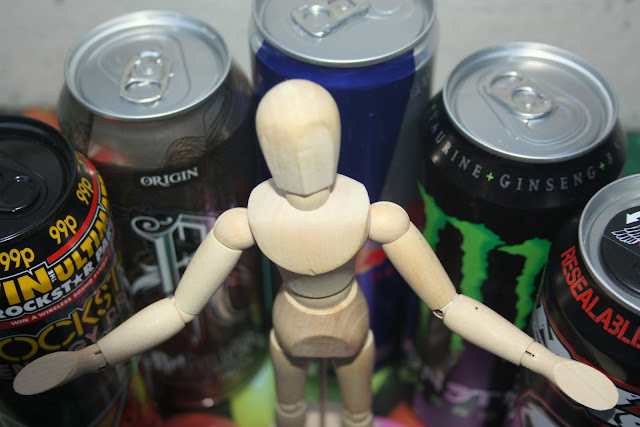 |
| Energy drinks and the possible hazards they could contain have shrouded the world in confusion - find out the truth soon |
Below is a survey to help me map the UK's energy drink consumption.
Fill out the questions below to be part of this project and discover the drinking habits, it shouldn't take longer than a couple of minutes to complete.
In advance many thanks!
Stay tuned for features, audio and videos analysing the potential hazards of energy drinks.












